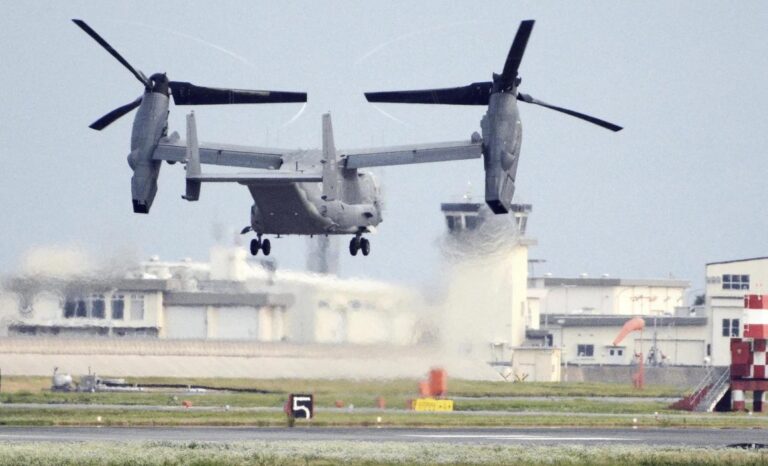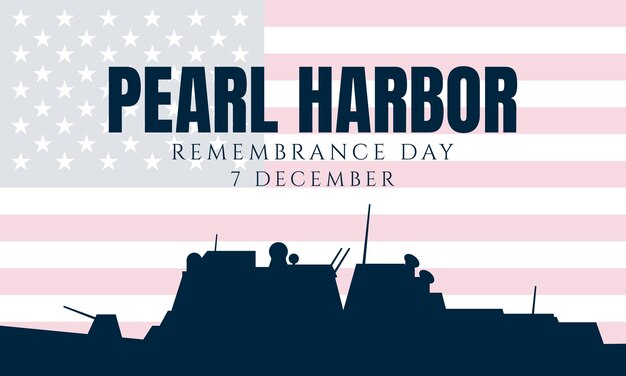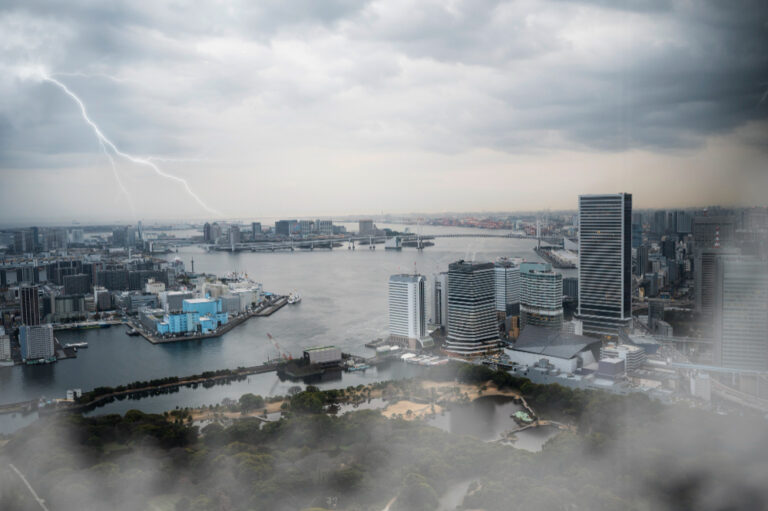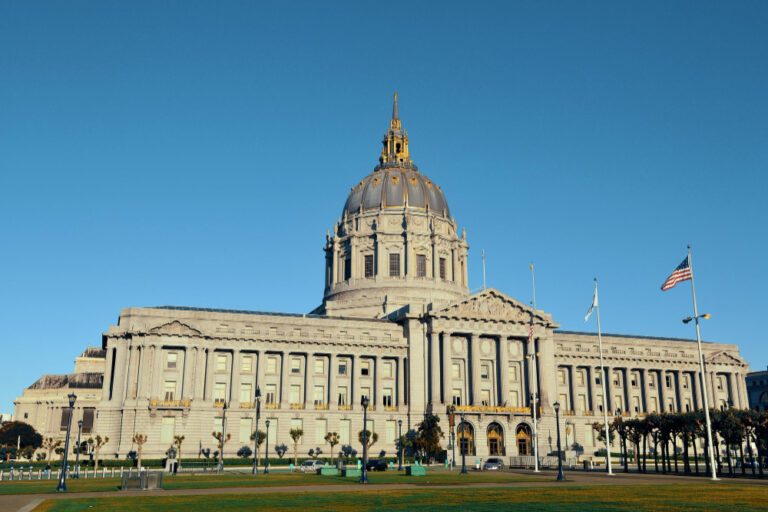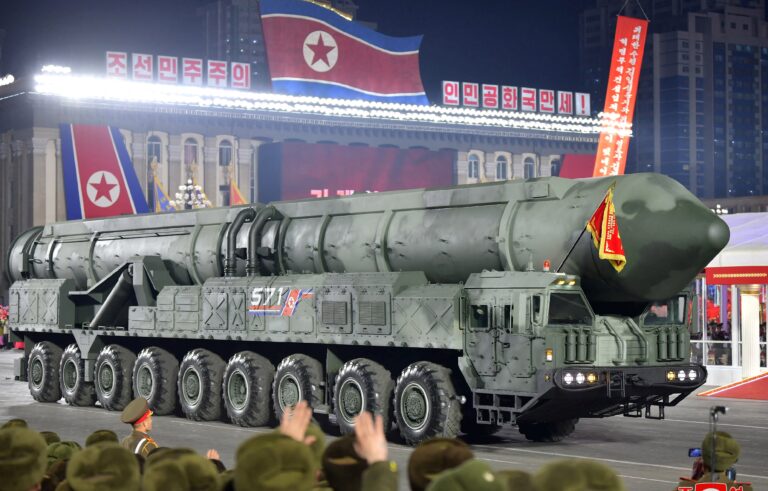United Nations Security Council: Safeguarding Global Stability
When it comes to global politics, the United Nations Security Council (UNSC) is an essential organisation. Let’s explore the history, role, difficulties, and effects of this powerful organisation.
Formation and Structure of the UNSC
The United Nations Charter, which was signed in 1945 with the main goal of avoiding another devastating war, is the genesis of the United Nations Security Council.
Functions and Powers
Keeping the peace on a global scale is a primary responsibility of the UN Security Council. Diplomatic conversations and, if required, military interventions are among the methods the council employs to resolve problems across the globe. One characteristic of its authority is the ability to authorise the use of force.
Key Principles Guiding the UNSC
Important concepts upon which the United Nations Security Council functions include the idea of collective security, the non-intervention in domestic affairs of states, and respect for the sovereignty of nations. It bases its decisions and activities on these values.
Decision-Making Process
Voting by member nations is the method by which the UNSC makes decisions. Complex negotiations are generally the result of the influence of the five permanent members who possess veto power. The difficulty in attaining a unanimous decision is mirrored in this delicate equilibrium.
Significant Resolutions and Actions
A number of resolutions approved by the UN Security Council throughout the years have significantly altered international politics. Historic resolutions demonstrating the council’s competence in tackling pressing concerns have included those pertaining to diplomatic endeavours, sanctions, and peacekeeping deployments.
Challenges and Criticisms
Some say the UNSC’s structure is outmoded, and others say it has trouble efficiently tackling new global crises. The necessity for ongoing assessment and adjustment is emphasised by these critiques.
Reform Proposals
Efforts to change the UN Security Council have persisted. Efficacy in decision-making, openness, and representation are all areas that may use some work. Still, it’s not easy to get everyone on board with these changes.
UNSC and Humanitarian Crises
When a global humanitarian crisis occurs, the UN Security Council jumps in to help. Help has been delivered to impacted regions in large part because to its partnership with non-governmental organisations.
Role of Non-Governmental Organizations (NGOs)
The work of NGOs in bolstering the UNSC’s initiatives is vital. Working together with groups like the International Red Cross and Doctors Without Borders has allowed for faster reactions to emergencies.
UNSC and International Law
Decisions made by the UN Security Council are enforceable under international law, and the standards it sets for international diplomacy are followed by other countries. To fully grasp the effect on global governance.
Controversial Decisions and Events
Controversial decisions made by the UN Security Council have affected member nations’ diplomatic ties throughout its existence. The intricacies of global politics can be better understood by examining these cases.
The UNSC and Nuclear Proliferation
An important goal of the UN Security Council is to stop the proliferation of nuclear weapons. Disarmament and non-proliferation resolutions demonstrate the council’s dedication to world security.
Case Studies: Successful UN Interventions
One way to understand the UNSC’s good impact is to look at the times when its interventions were fruitful. The significance of concerted global action in settling disputes is demonstrated by case studies.
Conclusion
Ultimately, the United Nations Security Council (UNSC) continues to play an important role in international diplomacy, facing obstacles as it works to achieve its goal of preserving international peace and security. We must rely on the UN Security Council’s capacity to adapt and effectively handle the complex issues that come up as we navigate a world that is always changing.
FAQs (Frequently Asked Questions)
How does the UNSC decide on military interventions?
Military interventions are decided by a vote of the UN Security Council members, with the permanent members’ views given special weight.
What criticisms surround the UNSC’s structure?
Four, the necessity for more diverse representation to mirror the present geopolitical climate and the veto power of permanent members are common complaints.
How does the UNSC collaborate with NGOs?
In order to tackle humanitarian emergencies, the UNSC frequently teams up with NGOs, who provide invaluable expertise and a physical presence on the ground.
Can the UNSC’s decisions be legally challenged?
The decisions of the UN Security Council are final and binding, but there is a fine line between international law and the rights of sovereign nations.
What reforms are proposed for the UNSC?
Among the suggestions are changes to the veto authority, more openness in decision-making.


